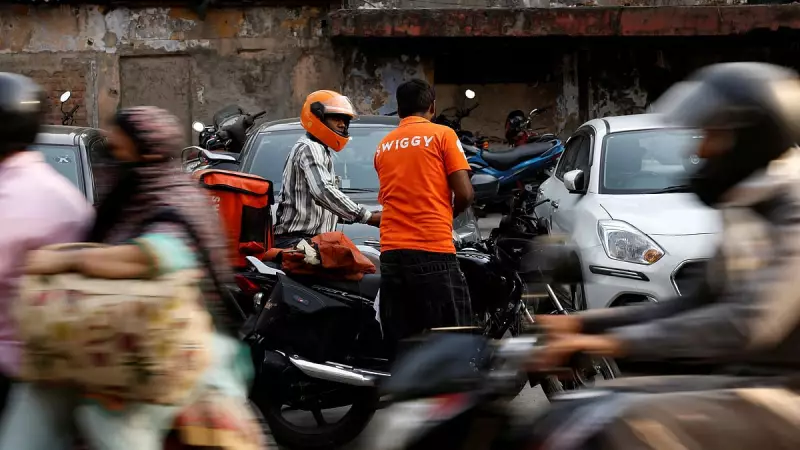
In a landmark move that brings formal protections to India's massive informal workforce, gig workers across the country are finally receiving access to comprehensive social security benefits. This revolutionary development marks a significant shift from the margins to mainstream recognition for millions who power India's platform economy.
What the New Social Security Framework Includes
The new safety net, being implemented under the Code on Social Security, 2020, provides gig and platform workers with crucial protections that were previously unavailable to them. According to Nidhi Sharma's reporting, these benefits include insurance coverage, health and maternity benefits, and accident insurance specifically tailored for workers in the unorganized sector.
The government has taken proactive steps to ensure these protections reach the intended beneficiaries. Approximately 2.5 lakh gig workers have already been registered under the e-Shram portal, which serves as the primary database for unorganized workers in India. The portal has seen massive registration numbers overall, with 28.66 crore workers now documented in the system.
Labor Secretary Arti Ahuja emphasized the significance of this development, noting that social security benefits are now being extended to all unorganized workers registered on the e-Shram portal. This represents a fundamental reimagining of worker protections in the digital age.
Implementation and State-Level Initiatives
The central government isn't alone in this effort. Several state governments have launched complementary initiatives to strengthen the social security framework for gig workers. Rajasthan has implemented the Gig Workers Social Security and Welfare Act, while Karnataka has established a Welfare Board for gig workers.
These state-level programs provide additional layers of protection, including financial assistance during lean work periods, life and disability coverage, and educational support for workers' children. The comprehensive approach addresses multiple aspects of worker welfare beyond just immediate employment concerns.
The timing is particularly crucial given the explosive growth of India's gig economy. Current estimates indicate there are approximately 7.7 million gig workers in India, with projections suggesting this number could swell to 23.5 million by 2029-30. This rapid expansion underscores the urgent need for formal protections in this sector.
Broader Impact and Future Implications
This policy shift represents more than just additional benefits—it signals a fundamental recognition of gig work as legitimate employment deserving of standard worker protections. For years, platform workers have operated in a regulatory gray area, enjoying flexibility but lacking the security that traditional employees take for granted.
The new framework acknowledges the unique nature of platform work while ensuring that basic social security needs are met. This balanced approach could serve as a model for other developing economies grappling with similar challenges in the digital era.
As India continues to digitize and formalize its economy, the inclusion of gig workers in social security schemes marks a critical step toward creating a more equitable and sustainable workforce. The success of these initiatives will likely influence how other nations address the growing platform economy and its workforce.
The implementation of these protections comes at a pivotal moment, as the country works to balance technological innovation with worker welfare, ensuring that economic progress doesn't come at the expense of those who power it.





